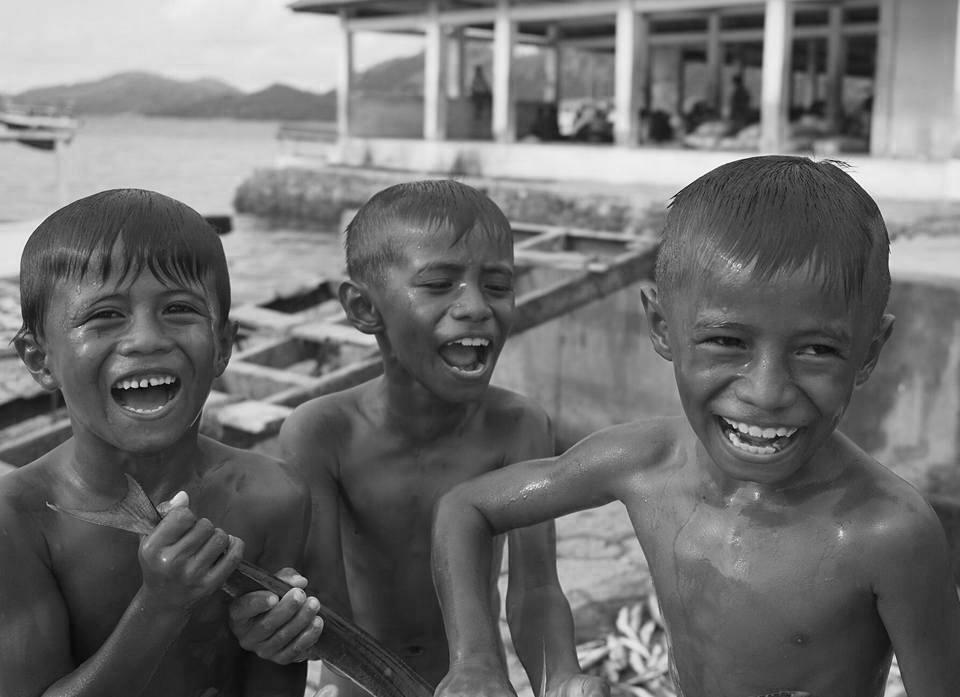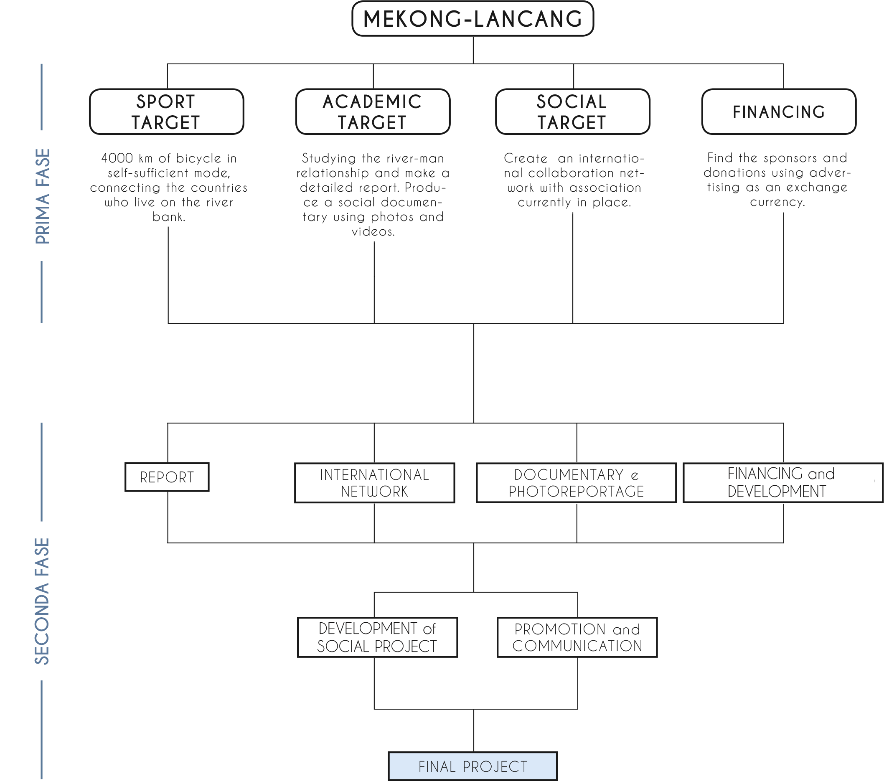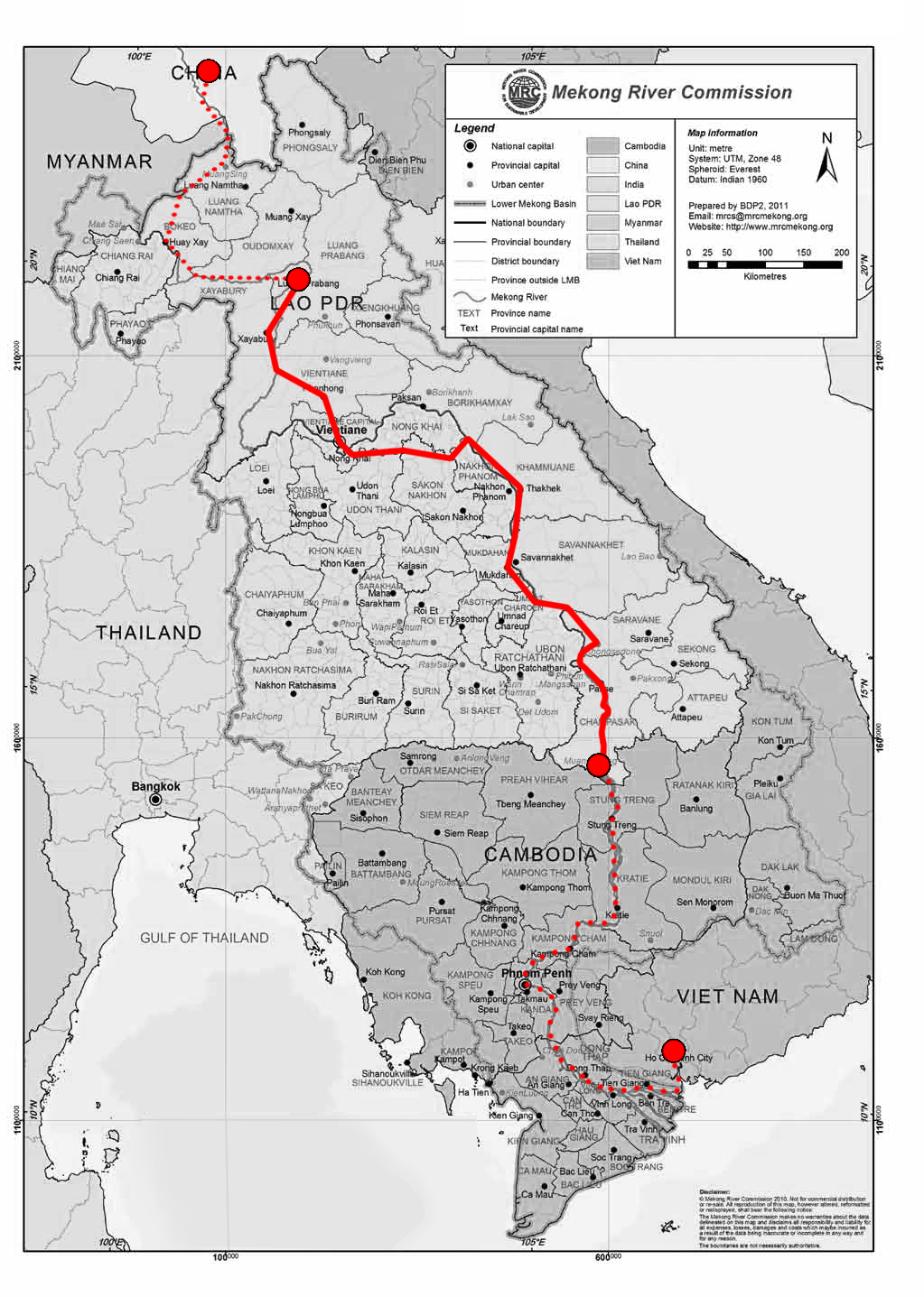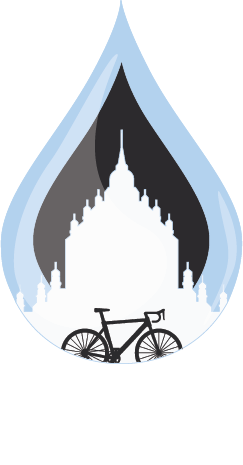MEKONG PROJECT
RIFLETTERE L'ACQUA | 4000KM DI FIUME IN BICI
Progetto Mekong, è un progetto che vorrebbe, mappare la situazione delle popolazioni che abitano i fiumi più popolosi ed inquinati del mondo, studiarne i problemi e l’impatto
che la gestione della risorsa idrica ha sulle persone e in fine valutare la possibilità di realizzare un progetto tecnico-sociale di sviluppo a medio e lungo termine per migliorare le condizioni e qualità di vita delle
regioni.
Il progetto ha l'ambizione di essere capofila di una serie di future proposte dedicate alla progettazione sostenibile su acqua soprattutto nei paesi dove la vita umana è fortemente legata al mondo fluviale, lacustre o acquatico in genere.
Ho scelto di esplorare il Mekong in bicicletta per essere questo un mezzo di trasporto ecologico, nobile e rispettoso
dell’ambiente e delle culture locali.
Voglio accompagnare il fiume in tutta la sua lunghezza, per conoscere di persona la situazione delle persone che, pur cercando di usarlo come fonte di vita, rischiano, allo stesso tempo e quotidianamente, di rimanerne vittime.
Sarà un viaggio alla scoperta di un rapporto millenario per capire come e se è possibile rendere questo legame più armonioso e rispettoso per entrambi.
REFLECT THE WATER | 4000KM OF RIVER BY BIKE
Mekong Project is a project that would map the situation of people inhabiting the most populous and
polluted rivers in the world, study the problems and the impact of water resource management on comunities
and eventually analyze the possibility of develop a social project to improve the conditions and quality of life of the region.
The project has the ambition to be the first of some future proposals dedicated to sustainable water planning, especially in countries where human life is heavily tied to the river, lake or sea.
I decided to explore the Mekong by bicycle, an environmentally friendly and noble vehicle that respect
the local culture.
I want to follow the river in its full length, to know the situation of people who, while tr ying to use it as
a source of life, risk, at the same time and daily, to remain victims.
This project will give me the opportunity to find out how man and the vital element of water interacts.
This project represents a journey to discover a millennium relationship, to understand it and if it is possible
to make this connection more harmonious and respectful for both.

PERCHE' IL MEKONG | Why Mekong ?
Il Mekong è una delle più ricche aree del mondo in biodiversità, paragonabile solo alla foresta
amazzonica. Sono state identificate più di 1200 specie di pesci e altrettante di piante che crescono lungo le sue sponde. Lungo i suoi argini sorgono numerosi villaggi e città che traggono sostentamento dal fiume stesso. Paesi come Cambogia e Laos basano quasi totalmente la loro economia sull’acqua del Mekong, utilizzandola per le coltivazioni di riso e sfruttandola per la pesca.
Negli ultimi anni la situazione ambientale è peggiorata sotto due punti di vista. Da un lato la diminuzione
della portata del fiume, dall’altro l’inquinamento.
Sia la Cina che la Thailandia hanno avviato progetti per la costruzione di dighe che hanno diminuito
notevolmente le risorse idriche per i paesi più a valle. In aggiunta, le forti variazioni stagionali
delle piogge hanno contribuito a rendere la sua portata molto variabile determinando un disastro
economico, energetico e alimentare per le popolazioni già in gravi condizioni.
La Cambogia e il Laos si piazzerebbero rispettivamente al
quarto e al quinto posto al mondo in termini di deficienza idrica, mentre il Vietnam si situa al 30° posto, tra i primi in Asia e superato solo da numerosi Paesi africani.
Si presentano gravi problemi di inquinamento dovuto agli scarichi di oltre 210 siti industriali.
In particolare si rileva la presenza di metalli pesanti quali arsenico e mercurio, pesticidi come gli organo
fosforati e il DTT e inquinanti ambientali come il PCB.
Tra le conseguenze più gravi dell’inquinamento ci sono i mutamenti nella composizione delle acque
superficiali e delle falde acquifere a bassa profondità che ne compromettono l’uso.
Inoltre molti sono i rifiuti e i detriti buttati nel fiume che vanno a formare delle dighe e ostacolare il corso del fiume.
Si sono rilevati conseguenze igienico-sanitarie come la dissenteria provocata dall’ingestione di
acqua contaminata che provoca annualmente circa 250.000 ricoveri in ospedale, mentre secondo stime recenti circa il 44% dei bambini vietnamiti sono soggetti all'insorgenza di vermi e parassiti intestinali, malnutrizione infantile e intossicazioni alimentari.
Questa premessa indica chiaramente la notevole importanza del fiume sia per le nazioni che attraversa
che per il pianeta intero. Il Mekong rappresenta uno dei migliori esempi di studio per capire l’impatto del corso di acqua nella cultura, il comportamento e lo sviluppo delle persone, analizzare il rapporto dell’uomo con il
fiume e imparare dalla realtà per poterla migliorare.
Attuare in questa regione comporterebbe la consapevolezza della nostra posizione nel mondo, la
nostra responsabilità sociale e il nostro potenziale.
The Mekong is one of the richest areas in the world in biodiversity, comparable only to the Amazonian
forest. More than 1200 species of fish and plants grow along the river. Along its banks there are numerous
villages and cities that lives with and from the river. Countries like Cambodia and Laos have their economy based on the Mekong water, using it for rice cultivation and exploiting it for fishing.
In recent years the environmental situation has deteriorated in two ways. On the one hand the decrease
in the flow of the river, on the other the pollution.
China and Thailand have started projects for the construction of hydroelectric plants that have changed
considerably the water resources for the other countries. In addition, strong seasonal variations in rainfall have contributed to making the waterflow variable, leading to an economic, energetic and food disaster for the population.
Cambodia and Laos will be ranked fourth and fifth in the world in terms of water deficiency, while Vietnam
is ranked 30th . There are serious pollution problems due to the discharges of over 210 industrial sites.
In particular, studies detected the presence of heavy metals such as arsenic and mercury, pesticides such as phosphorous organs and DTT, and environmental pollutants such as PCB .
The most serious consequences of pollution are the change in the composition of surface water for consumption.
The waste thrown into the river creates dams that blocks the natural course of the river.
There are health-related consequences such as dysentery caused by contaminated water ingestion, which causes about 250,000 hospital admissions annually, whereas according to recent estimates, about 44% of Vietnamese children are subjected to the onset of worms and intestinal parasites, Infantile malnutrition and food poisoning.
This premise clearly indicates the importance of the river for Indochina’s nations and the entire planet.
The Mekong is one of the best examples of study to understand the impact of the water course on people’s culture, behavior and development, analyze the relationship with the river and learn from reality
to be able to improve it.
Acting in this region would bring awareness of our position in the world, our social responsibility and
our potential.
OBIETTIVI | targets

ITINERARIO | Itinerary
Start last week of September
The preliminary itinerary start the last week of September 2017 and will cross:
4 provinces di Vietnam
5 provinces di Camboya
6 provinces di Tailandia
11 provinces di Laos
2 provinces di Myanmar
2 provinces di Cina
STAGE 1
Start: Ho Chi Minh, Vietnam | Finish: Muang Khong, Laos
Km: 1200| Time: 27days. | Rest: 3 days.
STAGE 2
Start: Muang Khong, Laos | Finish: Xayaboury, Laos
Km: 1470 | Time: 30days | Rest: 5 days.
STAGE 3
Start: Xayaboury, Laos | Finish: Lancang, Cina
Km: 1370 |Time: 28days | Rest: 5 days
Total km in bike more or less 3820 km.
Average of 45km/day and 3,5 month.


|
MEKONG PROJECT eng.pdf Size : 497.871 Kb Type : pdf |

|
MEKONG PROJECT esp.pdf Size : 785.877 Kb Type : pdf |

|
MEKONG PROJECT ita.pdf Size : 497.338 Kb Type : pdf |
